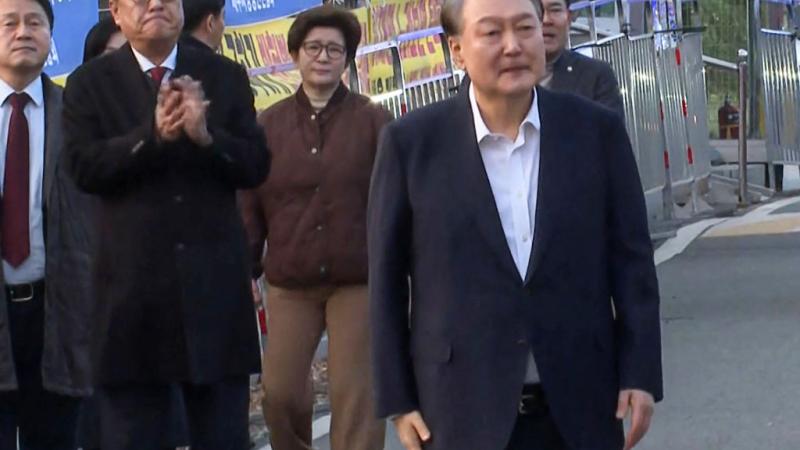U.S. Attorney declines to name those involved in decision not to prosecute Hunter Biden
Graves said he never felt a need to recuse himself from being involved in the case involving President Joe Biden's son even though he worked on the president's campaign.
Matthew Graves, the U.S. Attorney for Washington D.C. who was a key figure in Jan. 6 prosecutions and refused to bring tax charges against Hunter Biden, backed out of naming those involved in declining to prosecute the first son, according to his transcribed interview with lawmakers.
"I'm already dealing with enough threats and harassment of my assistant United States attorneys," Graves said in the official transcript obtained by Just the News as he explained why their names were not revealed.
He told lawmakers during the interview how his agency decided to not partner with David Weiss, the U.S. Attorney for Delaware who was later named special counsel, and prosecuting a Hunter Biden in tax charges.
Graves told lawmakers he met with five or six people from his office in March 2022 to determine whether they should get involved in the Hunter Biden case.
Three weeks later the office decided to not get involved in the case, and Graves refused to disclose his office's thoughts because the investigation is still ongoing.
Graves also said it was "normal" for federal prosecutors to bring tax cases without partnering with the Justice Department Tax Division, but in this case, Weiss needed the division's approval to open a grand jury probe into Hunter Biden.
While Graves said he never told the Delaware prosecutor to not bring charges, he also never followed up with Weiss to make it clear that he was still welcome to bring charges even if his own office would not be involved.
Furthermore, Graves said he never felt a need to recuse himself from being involved in the case involving President Joe Biden's son even though he worked on the president's campaign, as well as candidate John Kerry's 2004 Democratic presidential campaign and President Bill Clinton's 1996 reelection campaign.
"You can certainly understand how some Republicans might have concerns that a U.S. attorney appointed by President Biden might have some conflict-of-interest types of issues, weighing in on a case against the President's son," one of the lawmakers said to Graves in the transcript.
"I mean, people can have whatever concerns they might have. I do not view it that way. And I'm not aware of any ethical canon that says that U.S. attorneys have an obligation to recuse whenever a family member of the President is implicated," Graves responded.
When pressed further about whether he considered having someone else decide whether he had a conflict of interest, Graves said: "I am saying there is no ethical reason for me to put this decision on someone else. And, in my experience, when you start trying to do things that aren't required to placate people on the outside, you still wind up with those accusations despite what you did."
Graves' comments come after IRS whistleblowers said Weiss could not independently bring tax charges in Washington D.C. against Hunter Biden. Additionally, an unnamed FBI supervisor recently told the House that prosecutors purposely slow-walked the Hunter Biden probe.
















